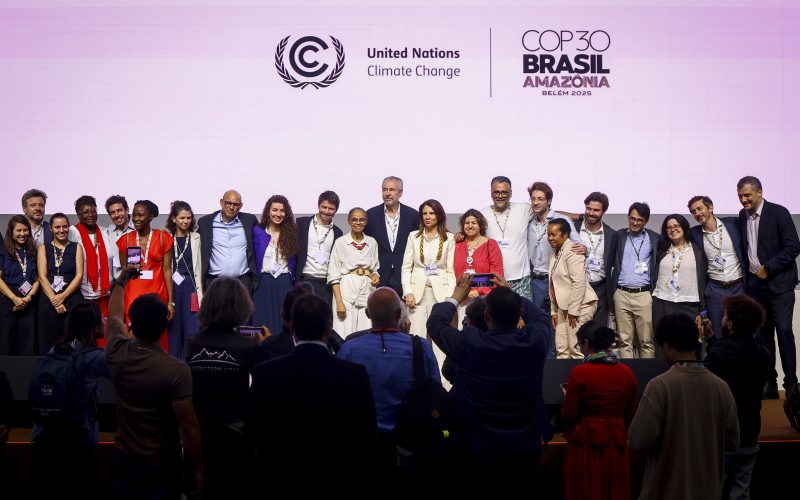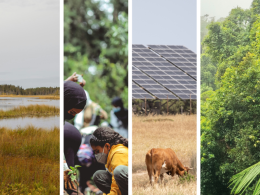The United Nations climate summit in Belém, Brazil, closed with a fragile compromise that left most countries dissatisfied. The only major concession secured was a commitment from wealthy nations to triple their funding for climate adaptation, while nearly all other ambitious proposals were dropped.
Fossil fuel fight stalls as oil producers block progress
Brazilian President Luiz Inácio Lula da Silva opened COP30 urging nations to agree on a “roadmap” to advance last year’s COP28 pledge to transition away from fossil fuels. Yet efforts collapsed as oil-rich Arab states and other fossil-fuel-dependent countries resisted any reference to phasing out hydrocarbons.
In place of a binding agreement, the COP30 presidency offered a voluntary plan that governments may adopt at their discretion. This outcome mirrors frustrations from COP27 in Egypt and COP29 in Azerbaijan, where nations increased climate finance commitments without confronting the root cause of the crisis.
Despite global pledges, coal, oil and gas have accounted for nearly three-quarters of global greenhouse gas emissions since 2020, and demand is projected to rise through 2050, according to a mid-summit report by the International Energy Agency—undermining expectations of a rapid shift to clean energy.
Global climate unity frays as ambition evaporates
While delegates agreed on the symbolic importance of maintaining global unity and reaffirmed that wealthy, long-polluting nations should shoulder more responsibility, these principles did not translate into action. To secure a final deal, negotiators abandoned proposals for mandatory emissions-cutting targets and other key measures.
Brazil criticised the United States for its limited engagement at COP30. The absence of the world’s largest historical emitter and biggest economy gave greater influence to countries resistant to strong climate measures.
The summit also reignited concerns about the COP negotiation process, where a small number of countries can effectively veto collective decisions. Brazil’s promise of a “COP of Truth” fell flat as the conference closed without any agreed implementation plans.
China asserts quiet leadership
Although President Xi Jinping did not attend—consistent with previous COPs—China exerted a strong influence behind the scenes. Its delegation delivered a clear message: China is ready to supply the clean-energy technology the world needs to curb emissions.
China’s expansive pavilion, positioned prominently at the venue’s entrance, showcased executives from leading solar, battery and electric-vehicle companies. India, too, adopted a more assertive stance in negotiations, while South Africa promoted a climate agenda linked to its upcoming G20 summit in November.
Forests and Indigenous rights left in uncertainty
Hosting COP30 in the Amazon was intended to spotlight the critical role of forests and Indigenous communities in global climate stability. But many Indigenous delegates felt sidelined. Protests erupted both inside and outside the venue, with demonstrators at one point attempting to breach summit gates before being repelled by security.
Countries pledged roughly $9.5 billion in forest finance, including nearly $7 billion for Brazil’s main tropical forest fund and about $2.5 billion for a new Congo Basin initiative. Yet the summit ended on a disappointment for many forest and Indigenous representatives as negotiators dropped plans for a roadmap to meet the 2030 zero-deforestation goal, and failed to acknowledge the importance of protecting Indigenous lands.
Climate science under pressure
Despite strong rhetoric from Lula and other leaders condemning climate misinformation, COP30 did little to defend scientific integrity amid intensified attacks—especially from the United States, where climate science faces political pressure.
In a significant shift, the summit’s final text no longer cited the UN Intergovernmental Panel on Climate Change (IPCC) as the “best available science” guiding global climate action. Instead, it places IPCC findings on equal footing with reports from developing countries, regional bodies and other institutions.
With fossil fuel commitments omitted and emissions targets weakened, the summit concluded at odds with urgent warnings from climate scientists.





















